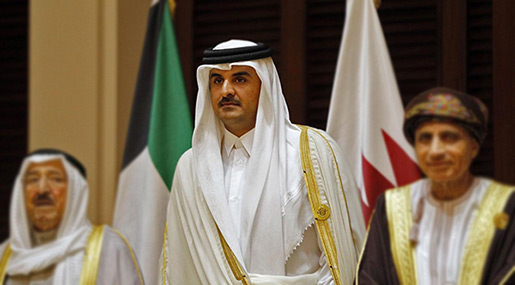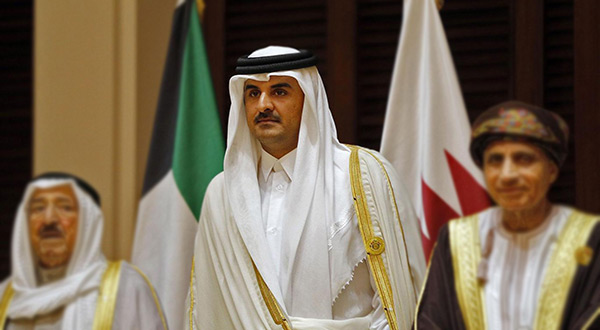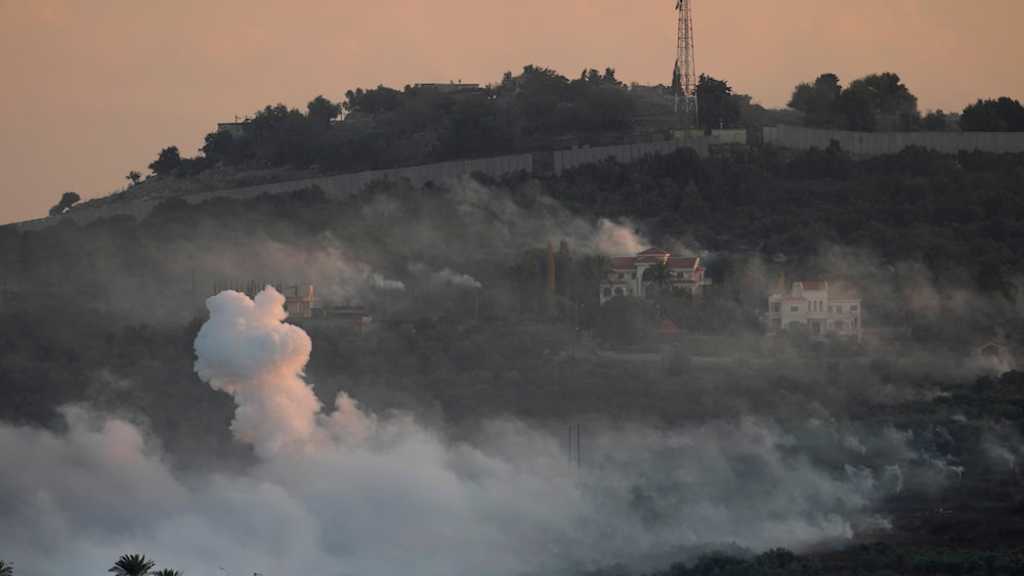
Saudi Arabia Will Be Infuriated by Recommence of Qatar-Iran Ties

Local Editor
The announcement by Qatar that it is restoring diplomatic relations with Iran is a very public indication that the confrontation between the Sunni states in the Gulf, now in its third month, not only shows no sign of ending but looks set to escalate.

The Saudis will be infuriated by the move. They have been leading an alliance of the United Arab Emirates, Bahrain and Egypt in carrying out a blockade of Qatar with the warning that it will not be lifted until Doha meets a 13-point ultimatum. The confident expectation of the group was that the Qataris would cave in. That has turned out to be a major miscalculation.
Riyadh and its allies had accused Qatar of a variety of offences including supporting extremism. But one of the key sources of anger has been Doha's amicable relations with Tehran. There is some evidence that the Saudis had been emboldened to make the move, which is not without risk, because of threats against Iran made by Donald Trump during an arms-selling trip to the Kingdom.
But what the Saudis thought was a position of strength began to weaken rapidly. In keeping with his now established pattern of confusing and contradictory behavior Trump followed up an initial statement condemning Qatar with conciliatory ones. Meanwhile US Secretary of State Rex Tillerson and War Secretary James Mattis made a point of showing their support for Qatar, pointing out that it was a key ally and that US military operations in the Middle East were being run from there.
Doha acknowledged that it was being economically hurt by the Saudi-led embargo, but also pointed out that it was wealthy enough to cope with that. Tehran had first reacted to the crisis with a measured call for reconciliation but soon stepped in to take advantage, flying in food and opening up its airspace to Qatar Airways as the Saudi alliance closed theirs. Turkey, which vies for Sunni leadership with the Saudis, also sent in supplies, including construction material, and offered to send reinforcements to troops they already have based in Qatar.
If there was any further Saudi expectation that the punitive measures against Qatar will also send a warning signal to Oman and Kuwait, two other Sunni Gulf states with relatively good relations with Iran, that has failed. Also, any hope of isolating Iran, something Trump had also wanted, shows no immediate sign of materializing. More than a hundred countries attended the inauguration of the Iranian President Hassan Rouhani earlier this month, including Russia, China, India and every single major state in Western Europe. The Qatari delegation was headed by the Emir, Tamim bin Hamad Al Thani.
The Saudis insist that Qatar must make concessions before there is any resolution to the situation. It opened the land border to allow Qataris to perform the Hajj in Mecca, a gesture Doha dismissed as "politically motivated".
The Hajj concession came after talks between the Saudis and Sheikh Abdullah bin Ali al-Thani, a member of the Qatari ruling family who the Saudis had been promoting. But the Sheikh, whose brother was driven out by the current Emir's grandfather in 1972, is a marginal figure in Qatar. Dalliance with him, holds Doha, is a sign of increasing Saudi anxiety that they are failing to get their way. There may well be some truth in this; the Qataris are unlikely to be the first to blink in this volatile standoff.
Source: The Independent, Edited by website team



